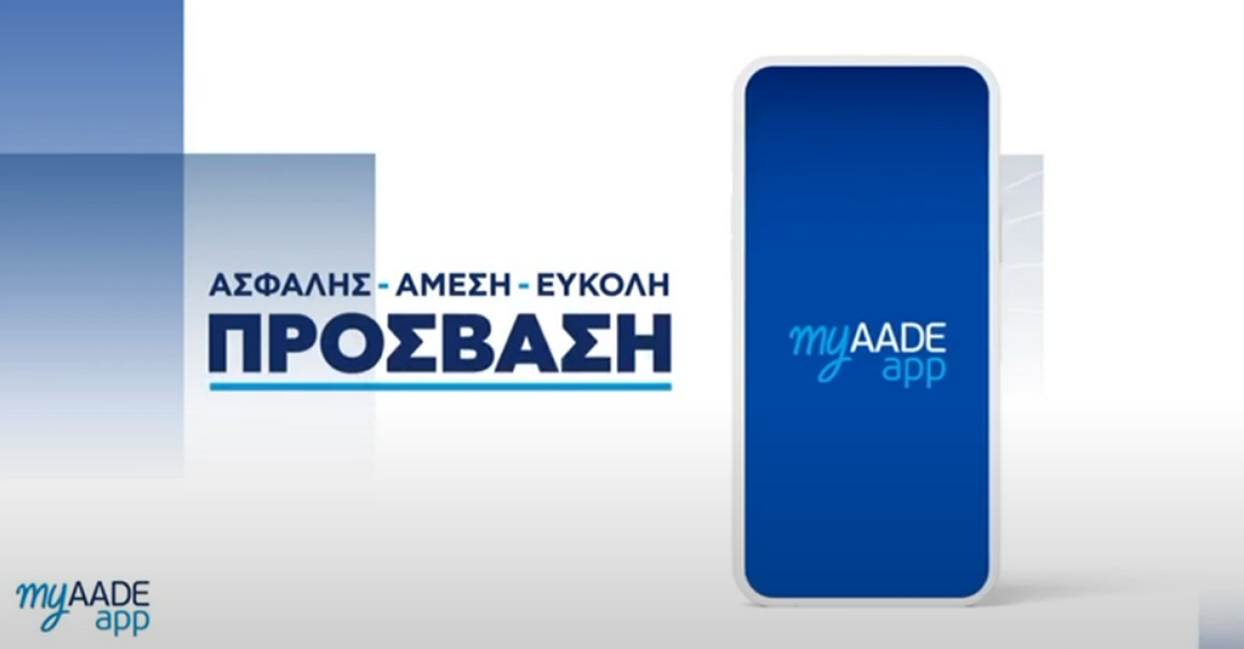“In the coming week, we will see how the digital assistant of gov.gr will change and begin to interact and do things,” announced Digital Governance Minister Dimitris Papastergiou speaking at the “9th Delphi Economic Forum.”
He went on to explain that, “the chatbot will be able to generate various certificates by asking the user if they consent for example, to generate their marriage certificate. Within a few seconds it will be sent to the user’s mailbox in gov.gr. , at least for the time being,” said the minister, referring to the legislation in reference to abolishing certificates.
The Minister of Digital Governance, Dimitris Papastergiou, emphasised that artificial intelligence is very effective in managing large datasets like in healthcare, justice, and generally the public sector. He even commented that, “we can and will find solutions through artificial intelligence without going to extremes and without fears that the universe and human species will disappear,” while stressing that “we need not just to consume artificial intelligence, but to also produce.” The minister highlighted that besides infrastructure, data is also crucial. “It’s not necessary to constantly build data centers, but we need to see where energy should come from and how quickly our networks will become “smart” to fully consume its potential of renewable energy sources.”
The negotiations with US for the 20 F-35s for Greece are starting
On the other hand, Christos Tarantilis, Head of the Central Administration and Public Sector Division emphasised that “at this time, we are participating in the implementation of a modern tool at the Ministry of Education aimed at improving educational services to students in all schools across the country.” He also stressed that artificial intelligence can assist in civil protection, as it can analyse satellite data for fire detection. He also mentioned collaboration and co-creation.
Regarding the training of public servants, Stavros Asthenidis, CEO of “Information Society,” spoke about difficulties arising because the majority of public sector employees are of middle age, resulting in difficulties in training them in new technologies.
Referring to e-justice, he emphasized that “we are at a good point right now due to the help of the Recovery Fund, we have around 200 million euros for digital transformation of justice. AI obviously will not make decisions, it will not replace the judges, but it will be able to assist them.”
In turn, Ioanna Andronopoulou, CEO of Microsoft in Greece, Cyprus, and Malta, stated that “artificial intelligence is coming to enhance human capabilities, not to abolish them,” and spoke about programs for digital skills training implemented by Microsoft for specific social groups, “we have an opportunity ahead of us where Greece as a country is unique. Both state and technology companies must be in constant dialogue with the regulatory authorities.”


































